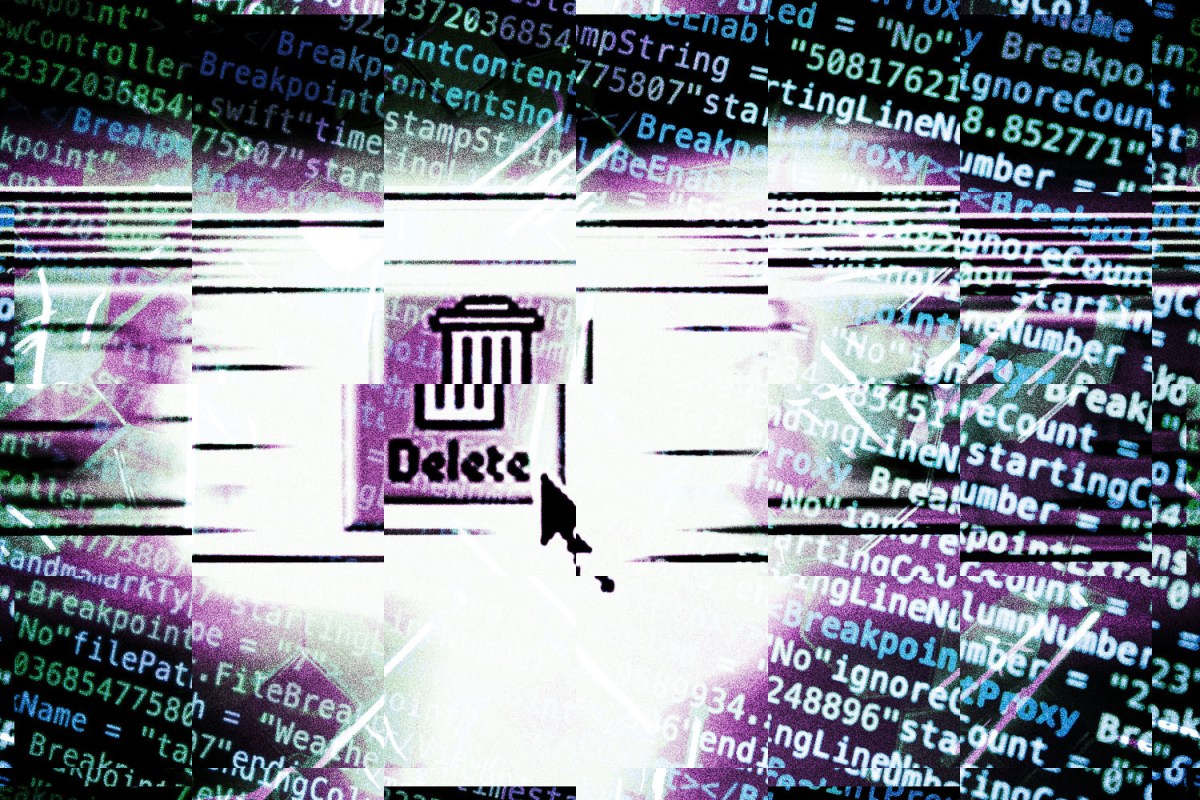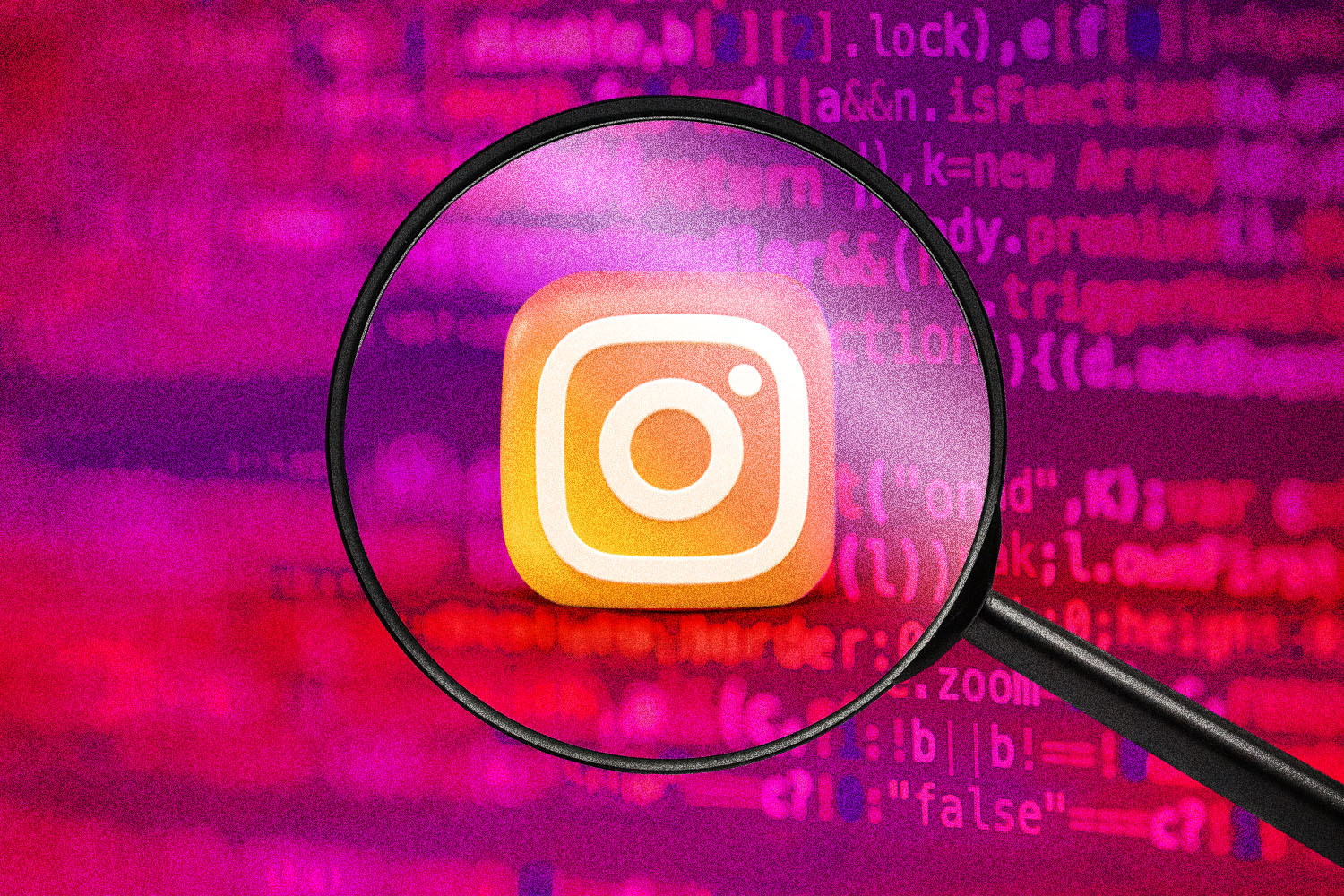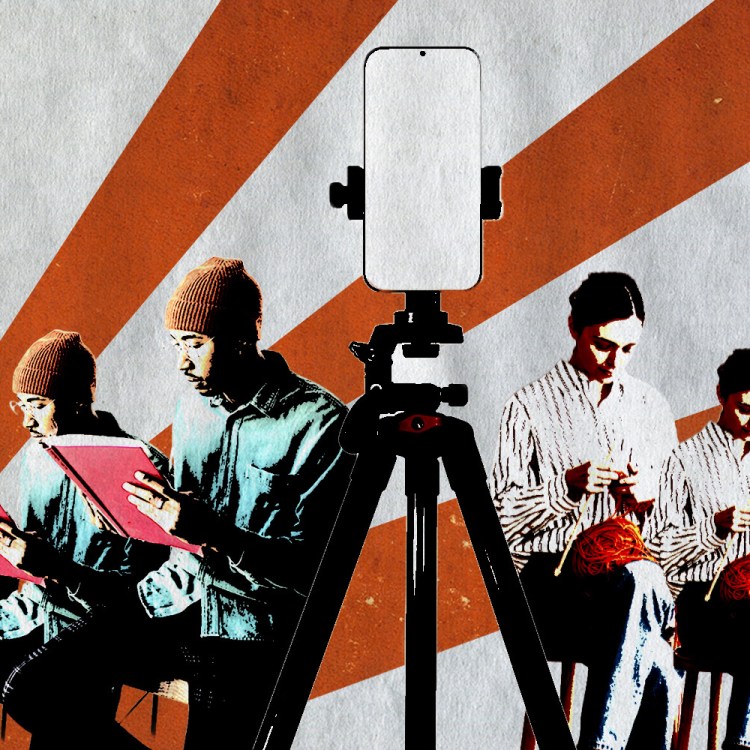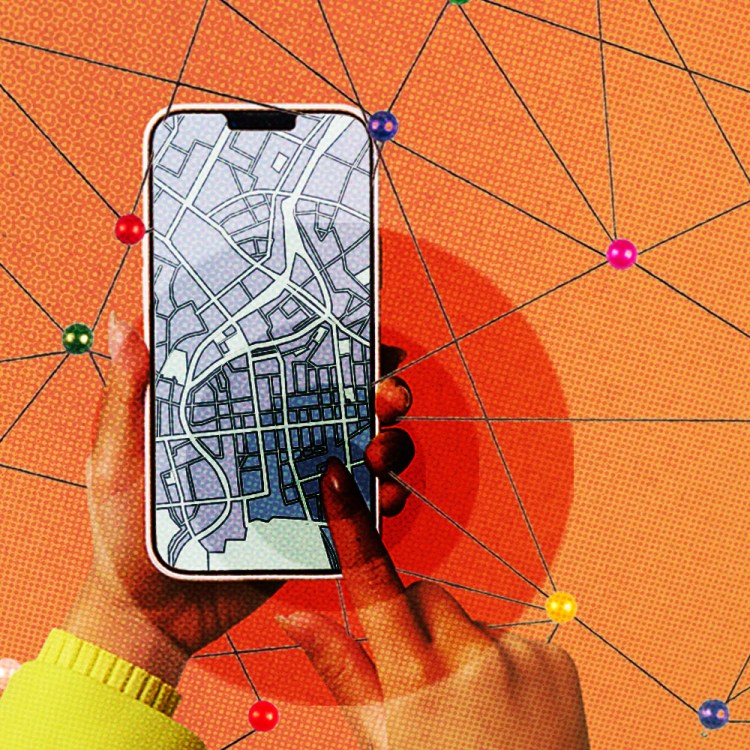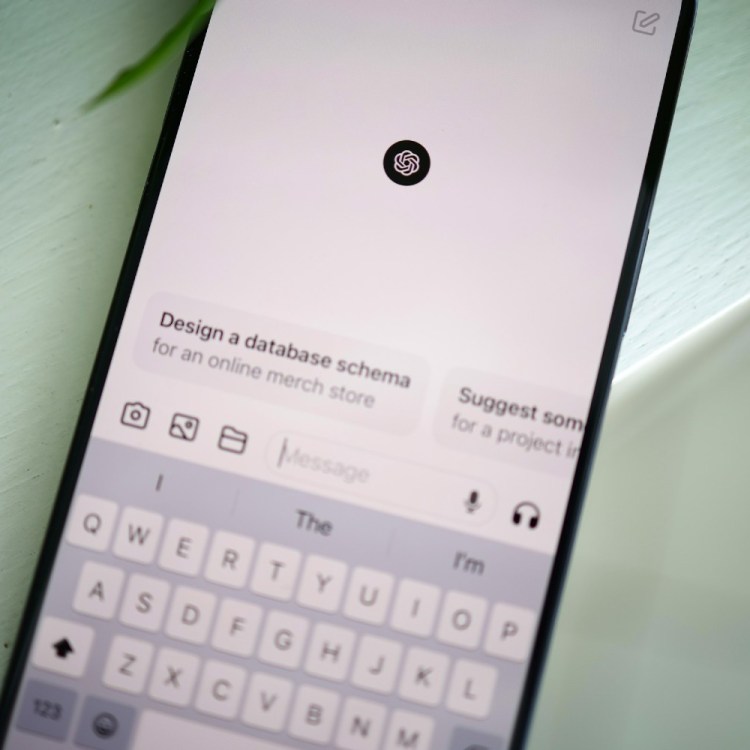A few weeks ago, the world went silent(ish). On Monday, October 4, Facebook, Instagram and WhatsApp went down for about six hours due to a change in Facebook’s server configuration, leaving millions of users locked out of their accounts for a significant period of time — a first since 2019.
Of course, platforms like Twitter and Reddit were still up and running, so there was mindless scrolling and discourse to be had (much of it, of course, centered around the strange outage). Still, you might have felt lighter that day. You were barred from reading your uncle’s unintelligible conspiracy theories on Facebook and from seeing attractive people on Instagram purportedly having a much better time than you. Maybe you didn’t compare yourself to others or bang your head against the wall reading inane anti-vax posts that day. Because that stuff was inaccessible, you might have even slowly lost the desire to check your apps at all. The outage, though short-lived, was a mandatory detox from Facebook and its corollaries.
The social networking giant has had a rough go of it recently. Last month, a bombshell report from the Wall Street Journal put Facebook in hot water after it was revealed the social network has known for years Instagram is widely destructive to the mental health of its teenage users. Now, thousands of pages of the company’s internal documents have been acquired by journalists thanks to Frances Haugen, a former employee-turned-whistleblower. Dubbed “The Facebook Pages,” one damning report revealed that the social network’s employees repeatedly sounded alarms about the spread of misinformation and conspiracy theories before and after the 2020 US election, according to The New York Times, but the company failed to address the issues.
Couple the blissful six-hour outage with the incessant accusations of malfeasance and most will end up at the same conclusion: social media isn’t great for our personal or collective wellbeing — or democracy — and we should all consider doing the unthinkable, and quit social media.
According to a recent study conducted by cybersecurity experts from VPNOverview, users are most interested in deleting these two apps, specifically, with Instagram coming in at number one. Per the research, “how to delete Instagram account” receives half a million searches each month, or 6.6 million a year. So if you’ve been mulling over a separation, you’re not alone.
There are countless resources available on the internet that’ll break down how to go about permanently deleting your social media accounts (remember, simply deleting the app won’t erase your account), from Facebook and Instagram to Reddit, Twitter and even LinkedIn. One quick Google search will have you on your way.
But before you make any permanent decisions and go off the grid for good, here are a few things to note:
Deactivation vs. Deletion
If you’re not quite sure whether or not you’re ready to kiss your social accounts goodbye forever, deactivation is a great way to test the waters. This will allow you to temporality suspend your account for a certain period of time, restricting other people from viewing it. Depending on the platform, this will hide your posts, photos, comments and likes, but be mindful of each app’s deactivation rules.
Twitter, for example, will delete your account completely if you don’t access your account within the allotted deactivation period. With Twitter, think of deactivation as the first step to permanent deletion. You’ll have 30 days to decide whether you’d like to reactivate your account, if not, prepare to miss out on all the very important, totally necessary discourse Twitter is famous for.
But that’s a unique deactivation policy. Most platforms, like Facebook and Instagram, will let you indefinitely disable your account with no consequence. Remember, though, deactivation is not deletion.
“Some people might put their profiles into a suspended state, but the page is actually still retrievable on the server,” says Dr. Brian Gant, an Assistant Professor of Cybersecurity at Maryville University, noting this is a common mistake those attempting to permanently delete their accounts make.
Download Your Data
At its best, social media is a place to connect and share photos and silly little thoughts, and it’s convenient to have your memories and posts readily accessible in one place. It’s what might make you hesitant to pull the trigger on your social accounts. Totally understandable, but you can have your detox and eat it, too.
Platforms like Facebook, Instagram and Twitter give you the ability to download your data and offer step-by-step instructions on how to do so (which you can find here.) This includes copies of your tweets, photos, messages, videos and profile data. Depending on the size of your download and the platform itself, the process may take a while. For example, you might be waiting up to 48 hours to receive your data from Instagram after requesting a download. Still, it’s worth the wait — especially if you’re contemplating leaving your accounts.
Worried About Old Tweets? Try a Tweet Deleter.
Even if the Twitter account you created in 2009 is clean as a whistle, you might not want some of the tweets you created decades ago available to anyone. As someone who has had the same Twitter account since they were in seventh grade, I wanted to sweep my profile clean of any embarrassing photos or tweets I made when I was a literal child. Going through that process manually is nearly impossible when you have more than 10 years of posts, but the thought of deleting my account entirely and rebuilding my following felt equally exhausting.
Luckily, someone much more technologically advanced than me experienced a similar conundrum and developed a mass-tweet-deletion app.
Tools like TweetDelete, TweetEraser and TweetDeleter automatically delete your old, cringe and/or incriminating tweets with minimal effort on your part. While most of these services are free, you’ll likely have to shell out a few bucks in order to access their premium features. Many sites put a cap on the number of tweets you can delete at once. For example, I used TweetDeleter, where for $5.99 a month, you can delete an unlimited number of tweets and likes at a time — compared to its Standard plan, which only allows you to erase 500 tweets per month. Depending on how long you’ve had your account or how fearful you are of the Twitter mob, six bucks ain’t a bad price to pay for some peace of mind.
Regardless, these tools are excellent alternatives if you’re not quite ready to nuke your Twitter account.
You Might Not Be Completely Erased From the Interweb, But It’s a Start
As Gant dutifully reminds me, the internet is forever, and anything you’ve posted preceding deletion may be out on the interweb permanently.
“If people want to delete their social media accounts they should first be mindful that anything that was posted online prior will be out there and will always remain out there,” he adds. “When you search for information through search engines like Google or Bing looking for profiles, for example, you aren’t actually searching the internet. You are searching pages that have already been stored in databases waiting for them to be retrieved. Those places still can house old profiles you previously held out on the web.”
It’ll also be hard to get privacy completely back, unfortunately. We’ve all had the unsettling experience of shopping for a particular product online then being bombarded with numerous ads of that same product on Facebook. As Wired notes, Facebook’s ad network is absurdly expansive and gives insights into most internet users even if they’ve never signed up for its social networks. Limited solutions include opting out of some ad-targeting activity or using a private browser.
Still, deleting — or simply deactivating — your social media accounts, while keeping tabs on the useful tools readily available to assist you in your crusade to forgo the internet, are all good places to start.
This article appeared in an InsideHook newsletter. Sign up for free to get more on travel, wellness, style, drinking, and culture.
